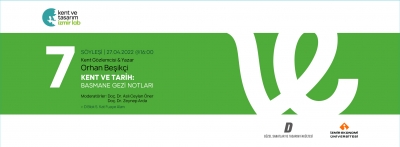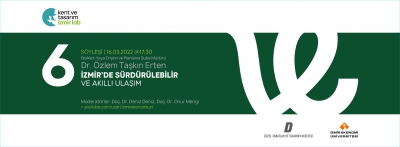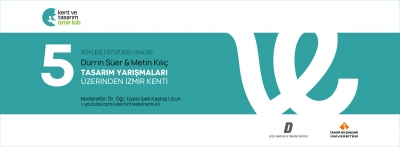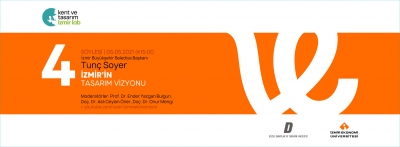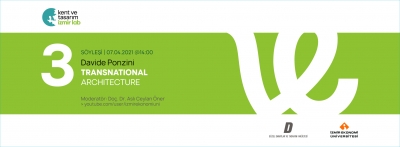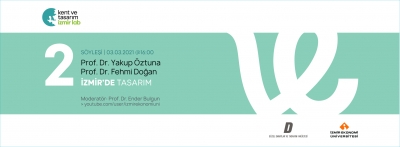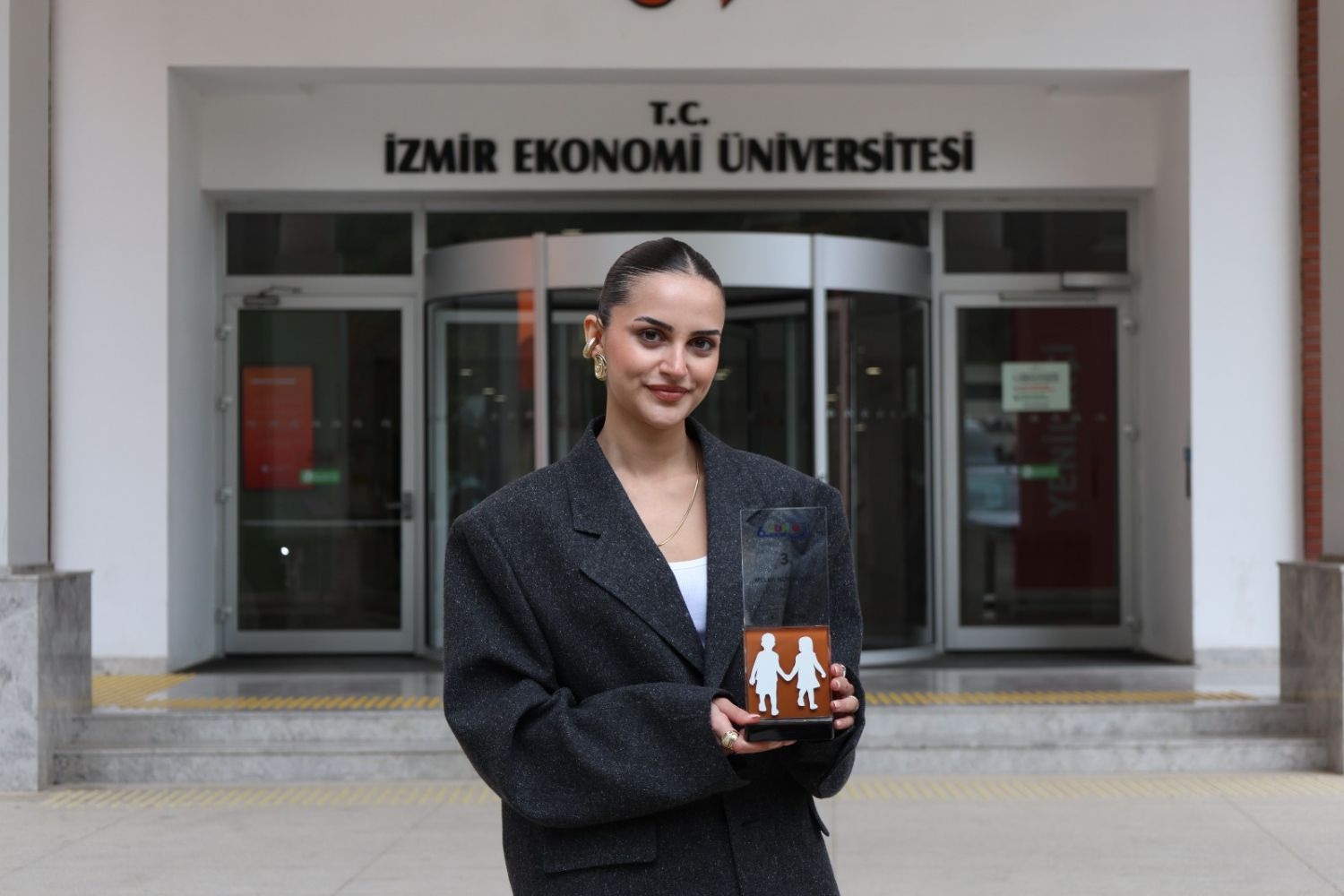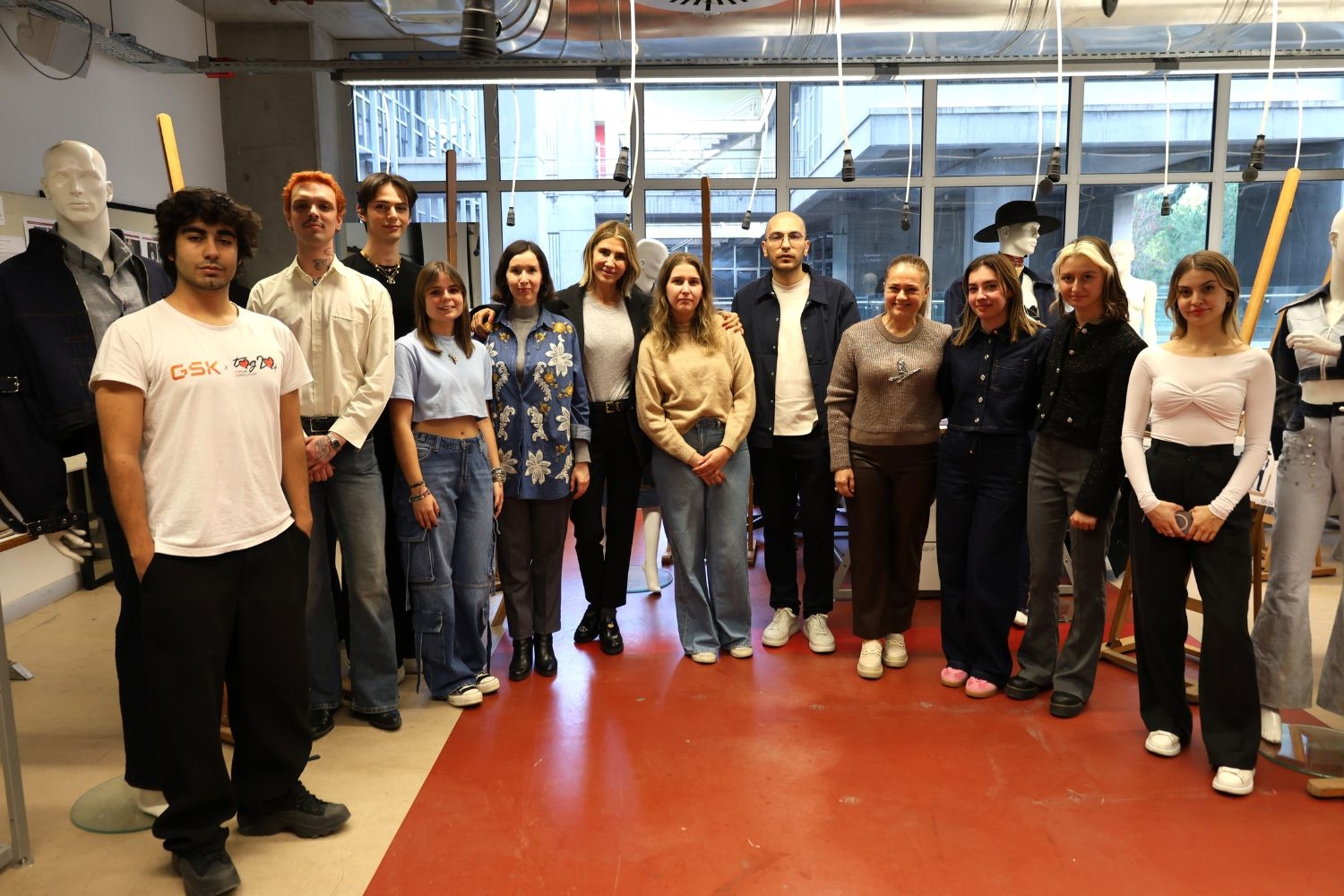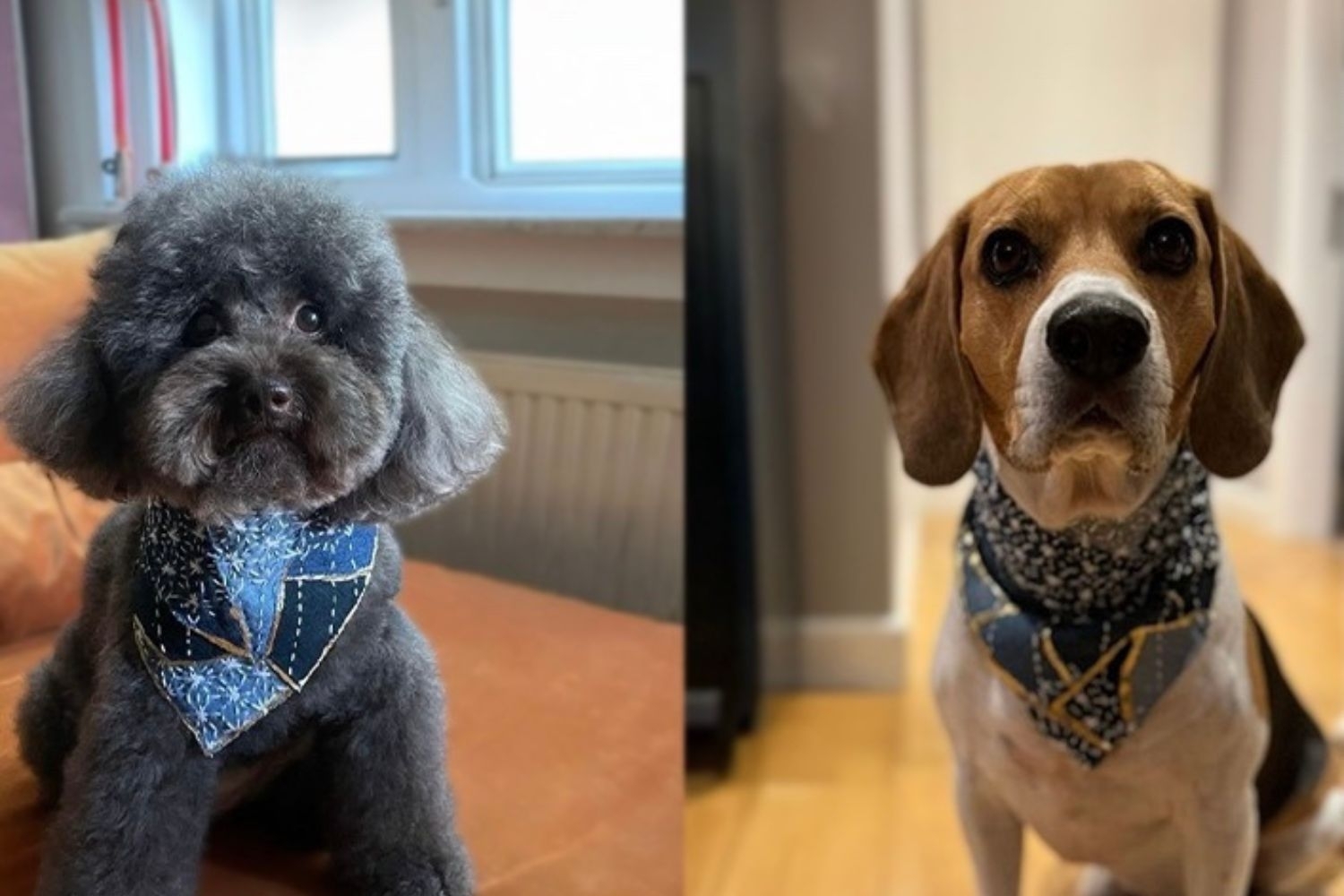FACULTY OF FINE ARTS AND DESIGN
Department of Textile and Fashion DesignFB 302 | Course Introduction and Application Information
| Course Name |
Fashion Management Project I
|
|
Code
|
Semester
|
Theory
(hour/week) |
Application/Lab
(hour/week) |
Local Credits
|
ECTS
|
|
FB 302
|
Spring
|
2
|
4
|
4
|
9
|
| Prerequisites |
None
|
|||||
| Course Language |
English
|
|||||
| Course Type |
Required
|
|||||
| Course Level |
First Cycle
|
|||||
| Mode of Delivery | face to face | |||||
| Teaching Methods and Techniques of the Course | DiscussionProblem SolvingJuryLecture / Presentation | |||||
| National Occupation Classification | - | |||||
| Course Coordinator | ||||||
| Course Lecturer(s) | ||||||
| Assistant(s) | - | |||||
| Course Objectives | The objective of this course is to develop necessary strategy skills for a business management career in the domestic or international fashion industry by delivering relevant product-brand-quality knowledge. |
| Learning Outcomes |
The students who succeeded in this course;
|
| Course Description | This course covers brand management, market strategies, examining purchasing behavior, understanding technological and cultural trends, marketing, personal project planning and management. |
| Related Sustainable Development Goals |
|
|
Core Courses | |
| Major Area Courses |
X
|
|
| Supportive Courses | ||
| Media and Management Skills Courses | ||
| Transferable Skill Courses |
WEEKLY SUBJECTS AND RELATED PREPARATION STUDIES
| Week | Subjects | Related Preparation |
| 1 | Course Introduction, General Information | |
| 2 | Introduction to Fashion Business: Fundamental Concepts of Fashion Creation and Design Management | Virginia Grose - Fashion Merchandising-AVA Academia (2011), Chapter 1: Context and Concept Kathryn Best - The Fundamentals of Design Management -Ava Publishing (2010) Chapter 1 |
| 3 | Product Development Processes | Virginia Grose - Fashion Merchandising-AVA Academia (2011),Chapter 2: product development |
| 4 | Fashion Retail Strategies | Virginia Grose - Fashion Merchandising-AVA Academia (2011), Chapter 3: Retail Strategy |
| 5 | Purchasing in Fashion Retail | Tim Jackson, David Shaw (auth.) - Mastering_ Fashion Buying and Merchandising Management-Macmillan Education UK (2001), Chapter: Role of Merchandising |
| 6 | Merchandising Management | Tim Jackson, David Shaw (auth.) - Mastering_ Fashion Buying and Merchandising Management-Macmillan Education UK (2001), Chapter: Role of Merchandising |
| 7 | Mid-Term Project Presentations | |
| 8 | MIDTERM WEEK | |
| 9 | Luxury Brand Management and Luxury Fashion Retailing | Uche Okonkwo (auth.)-Luxury Fashion Branding_ Trends, Tactics, Techniques-Palgrave Macmillan UK (2007) Chapter; luxury fashion branding |
| 10 | Trend Development Process | Fashion Marketing, Tony Hines, Margaret Bruce,(2007),Chapter 9: The process of trend development leading to a fashion season |
| 11 | Innovation Management in Fashion | Fashion Marketing, Tony Hines, Margaret Bruce,(2007),Chapter10; Innovation management in creating new fashions |
| 12 | Marketing and Brand Communication | Kathryn Best - The Fundamentals of Design Management, Chapter 5; Marketing and Brand Communication |
| 13 | Fashion Management Project I | |
| 14 | Final Project Presentations | |
| 15 | Semester Review | |
| 16 | Semester Review |
| Course Notes/Textbooks |
|
| Suggested Readings/Materials |
|
EVALUATION SYSTEM
| Semester Activities | Number | Weigthing |
| Participation |
1
|
10
|
| Laboratory / Application | ||
| Field Work | ||
| Quizzes / Studio Critiques |
1
|
20
|
| Portfolio | ||
| Homework / Assignments | ||
| Presentation / Jury |
1
|
40
|
| Project |
1
|
30
|
| Seminar / Workshop | ||
| Oral Exams | ||
| Midterm | ||
| Final Exam | ||
| Total |
| Weighting of Semester Activities on the Final Grade |
4
|
100
|
| Weighting of End-of-Semester Activities on the Final Grade | ||
| Total |
ECTS / WORKLOAD TABLE
| Semester Activities | Number | Duration (Hours) | Workload |
|---|---|---|---|
| Theoretical Course Hours (Including exam week: 16 x total hours) |
16
|
2
|
32
|
| Laboratory / Application Hours (Including exam week: '.16.' x total hours) |
16
|
4
|
64
|
| Study Hours Out of Class |
14
|
4
|
56
|
| Field Work |
0
|
||
| Quizzes / Studio Critiques |
1
|
38
|
38
|
| Portfolio |
0
|
||
| Homework / Assignments |
0
|
||
| Presentation / Jury |
1
|
40
|
40
|
| Project |
1
|
40
|
40
|
| Seminar / Workshop |
0
|
||
| Oral Exam |
0
|
||
| Midterms |
0
|
||
| Final Exam |
0
|
||
| Total |
270
|
COURSE LEARNING OUTCOMES AND PROGRAM QUALIFICATIONS RELATIONSHIP
|
#
|
Program Competencies/Outcomes |
* Contribution Level
|
|||||
|
1
|
2
|
3
|
4
|
5
|
|||
| 1 |
To be able to develop and design a collection independently. |
-
|
-
|
-
|
-
|
-
|
|
| 2 |
To be able to do maintain a design research individually or as a team. |
-
|
-
|
-
|
X
|
-
|
|
| 3 |
To be able to develop entrepreneurship- and managerial skills for a future professional practice. |
-
|
-
|
-
|
X
|
-
|
|
| 4 |
To be able to understand, interpret and apply theoretical knowledge in fashion and textile design. |
-
|
-
|
-
|
-
|
-
|
|
| 5 |
To be able to analyze and integrate the particular local and regional needs and of their profession. |
-
|
-
|
X
|
-
|
-
|
|
| 6 |
To be able to obtain a multidisciplinary point of view, follow and analyze the new issues, changes and trends in contemporary design and art in such a way that they can be integrated into design practice. |
-
|
-
|
X
|
-
|
-
|
|
| 7 |
To be able to apply industrial requirements, knowledge of material & usage and know-how knowledge in the creation of high quality fashion products. |
-
|
-
|
-
|
-
|
-
|
|
| 8 |
To be able to use digital information and communication technologies at a level that is adequate to the discipline of fashion and textile design. |
-
|
X
|
-
|
-
|
-
|
|
| 9 |
To be able to develop an ongoing analytical and professional approach to academic and design research. |
-
|
-
|
X
|
-
|
-
|
|
| 10 |
To be able to recognize the need and importance of a personal lifelong learning attitude towards their chosen area of interest. |
-
|
-
|
X
|
-
|
-
|
|
| 11 |
To be able to collect data in the areas of fashion and textile design and communicate with colleagues in a foreign language ("European Language Portfolio Global Scale", Level B1). |
-
|
-
|
-
|
-
|
-
|
|
| 12 |
To be able to speak a second foreign at a medium level of fluency efficiently. |
-
|
-
|
-
|
-
|
-
|
|
| 13 |
To be able to relate the knowledge accumulated throughout the human history to their field of expertise. |
-
|
-
|
-
|
-
|
-
|
|
*1 Lowest, 2 Low, 3 Average, 4 High, 5 Highest
NEWSALL NEWS

IZMIR UNIVERSITY OF ECONOMICS GÜZELBAHÇE CAMPUS
DetailsGLOBAL CAREER
As Izmir University of Economics transforms into a world-class university, it also raises successful young people with global competence.
More..CONTRIBUTION TO SCIENCE
Izmir University of Economics produces qualified knowledge and competent technologies.
More..VALUING PEOPLE
Izmir University of Economics sees producing social benefit as its reason for existence.
More..









